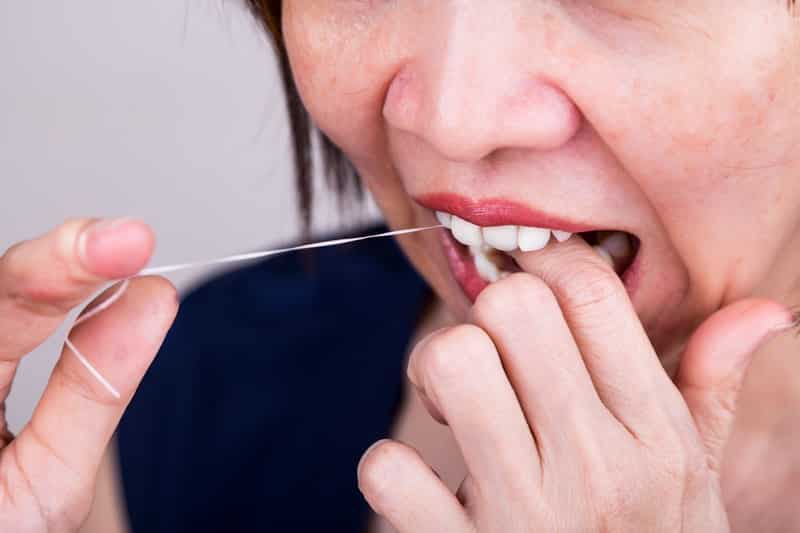The gums, also known as gingiva, are soft tissues that form part of the mouth. These structures surround and seal the teeth and are tightly bound to the bone structure. They act as a shock absorber and an anchoring system for the teeth. Healthy gums are coral pink for people with fair skin tones and maybe darker for people with darker skin tones.
Receding gums are an irreversible condition where the gums pull away from the teeth, exposing their roots. It is a periodontal disease that exposes the teeth more vulnerable to cavities. Receding gums also lead to more sensitive teeth. This condition can eventually lead to tooth loss if not taken care of properly. While several treatment options are available, the earlier the condition is diagnosed, the better the chances are for managing the disease.
Receding gums can happen to anyone regardless of gender or age. However, studies have shown that the condition is more common for people above 40 years of age, and more men are susceptible to the disease than women. People with diabetes who are immunocompromised also have a higher chance of developing the condition.
Here are some causes of receding gums and what you can do to prevent them from happening.
Poor Oral Hygiene

Poor oral hygiene happens when the individual fails to properly remove bacterial plaque and food residue from the teeth and gums. When this happens, the person becomes more susceptible to gingivitis, mouth sores, tooth decay, various periodontal diseases, halitosis, and eventually, tooth loss.
The body’s natural defenses and the availability of various dental care products can prevent poor oral hygiene. However, bacteria present in the mouth can spread quickly without proper oral hygiene or due to poor access to dental products. This will lead to bad breath, pain, infection, and subsequent loss of teeth.
Bacteria in the mouth are generally harmless and form part of the microbiota that keeps the body functioning properly. However, the mouth is the entryway to the digestive tract, and the organ must be kept clean. When an individual doesn’t take care of their teeth, the once harmless bacteria levels can multiply and become a threat. These bacteria can harm and destroy gum tissue and lead to receding gums.
If an individual wants to reverse their poor oral hygiene habits, they must visit an experienced dentist to remove tartar buildup and have the dentist guide them to improving oral health habits such as brushing, flossing, and using mouthwash at least twice daily.










